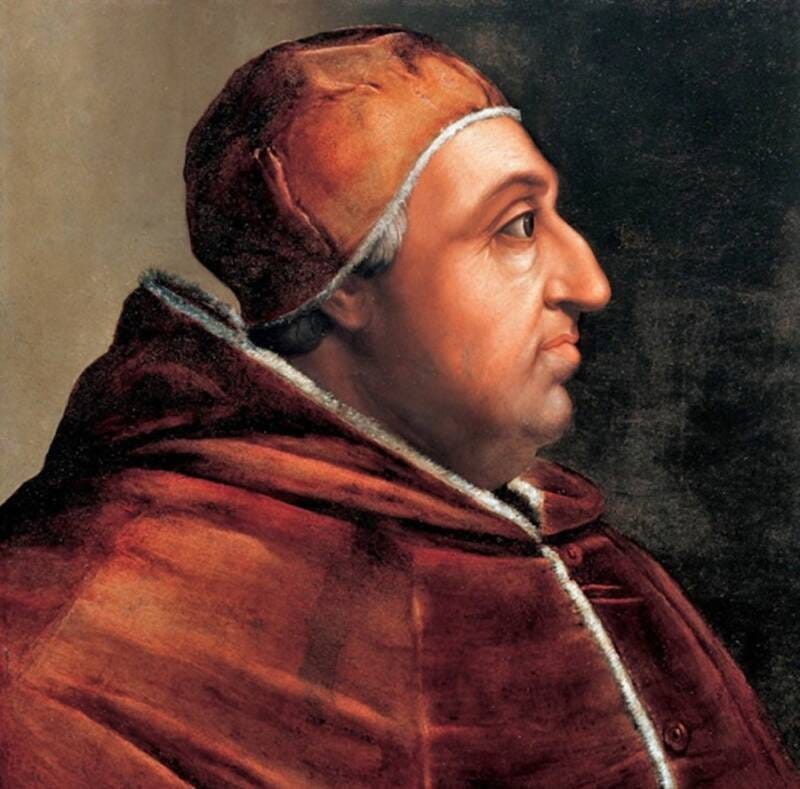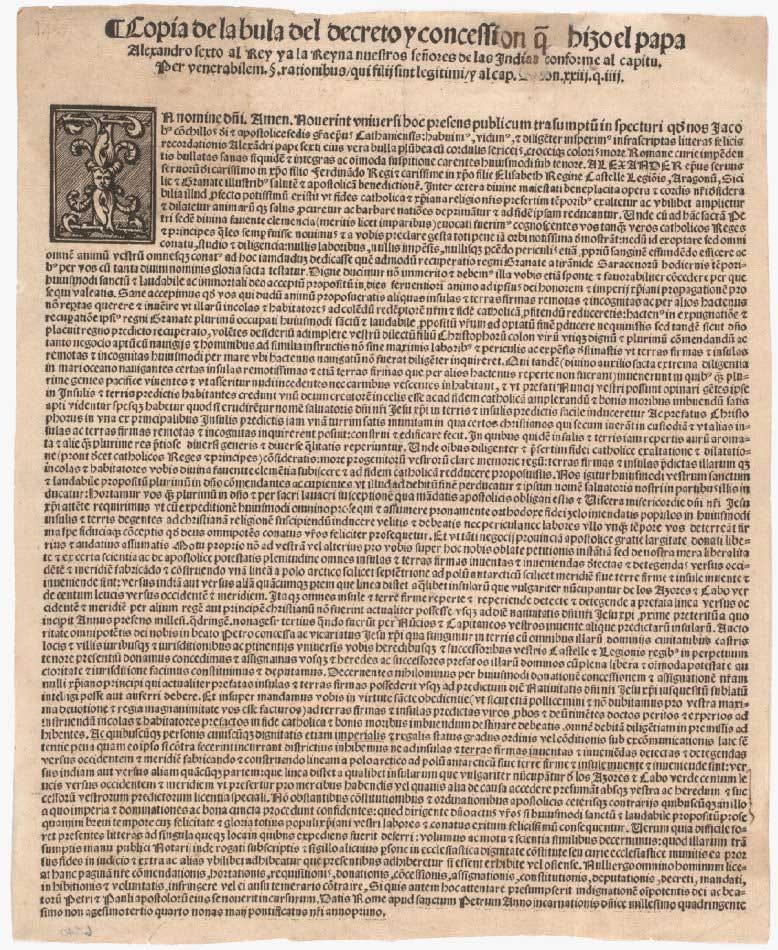Last Sunday, I indulged my passion for opera because part of my therapy for remaining calm in a world that is turbulent and unpredictable involves listening to music. However, there was a motive that transcended the bel canto masterpiece . . . and this involves the question of why centuries after the death of Lucrezia Borgia, she is still fascinating enough that both Victor Hugo and Gaetano Donizetti were devoting their artistic talent to portraying a controversial woman of a powerful family. Today, I would like to focus on Rodrigo de Borja, the father of Lucrezia, who became pope in 1492. When we study the history, we will understand that drawing attention to the events that we were never taught in school has the potential of revealing the power behind the events dominating the world, then and now.
Rodrigo de Borja/Borgia was born in Valencia in 1431 at the height of the power of Aragon. He studied law at the University of Bologna and held many positions in the Catholic Church, thanks to his Aragonese maternal uncle Pope Callixtus III. He continued to hold high administrative positions in the Holy See under the next four popes until he himself became pope in 1492.
Rewinding a bit, Rodrigo Borgia, as a cardinal, was papal legate to Spain. His mission (1472) was to quell rebellion between Castile and Aragon, but he had been given a papal dispensation allowing him to approve (or disapprove) the marriage between Ferdinand (of Aragon) and his second cousin Isabella of Castille. As we all know, the marriage went forward . . . and made history. More importantly, Cardinal Borgia had gained the favor of Ferdinand . . . and reciprocated as we will see.
Rodrigo returned to Rome and began the affair that resulted in the birth of four children, including Lucrezia, younger sibling of Cesare Borgia who was the source of inspiration for Machiavelli’s The Prince.
Skipping many details, Rodrigo, after serving under five popes, was himself elected pope on 11 August 1492, just eight days after Columbus set sail under the patronage of King Ferdinand and Queen Isabella . . . to whom Rodrigo had become connected by marriage of his son Pedro Luis to the cousin of Ferdinand, Maria Enriquez.
Papal Bull
As the new pope Alexander VI awarded family members with high positions. Cesare Borgia became Archbishop of Valencia and Giovanni Borgia became Duke of Gandia, where the Borgias had their ancestral roots. Nepotism reached scandalous levels and hostilities arose. King Ferdinand supported Alexander VI in exchange for title to New World, awarded on 4 May 1493. The Papal Bull divided the New World between Spain and Portugal and became the basis for all claims to the right of Europeans to colonize the Americas. It bears noting that while the geographical territory was broadly defined as pole to pole and defined the longitudes, most of the two continents had yet to be explored by Europeans.
While people do tend to be ethnocentric, it bears noting that while the territory from Tierra del Fuego to the U.S. Southern border has remained under the influence Spain and Portugal, the north came more under the influence of Protestants. Martin Luther was a younger contemporary of the Pope Alexander VI and railed against the indulgences that were enriching the families of the elites holding high church office, but more than a century passed before the Mayflower docked with the Pilgrims . . . and this may, at some point, bring me to another opera, I Puritani.
Please share (and like) because this is how people awaken to the Truth.
Copyright by Dr. Ingrid Naiman 2024 || All Rights Reserved
For permission to quote, please contact the author. Sharing via e-mail and posting links are welcome so long as the author and source are properly cited. Reprinting is strictly prohibited.
Image Credit:
https://allthatsinteresting.com/wordpress/wp-content/uploads/2020/06/rodrigo-borgia.jpg
Current Church Position:
For those who are interested in the Papal Bull and its aftermath, this video may warrant 14 minutes of your time. She notes that the Doctrine of Discovery was repudiated last year by Vatican saying it is not part of the teaching of the Catholic Church.
For complete text and translation: https://doctrineofdiscovery.org/inter-caetera/
This Substack column was launched in mid-January 2023. This is post #188. Paid subscribers are greatly appreciated, but only 10% of readers are paid subscribers. Maybe monthly or annual commitments are too much for some people so if you would like to make a one-time donation, you can use this link. Please note, all subscriptions and donations are going through the Institute for Invisible Epidemics, and will appear on your credit card as iie-academy.





